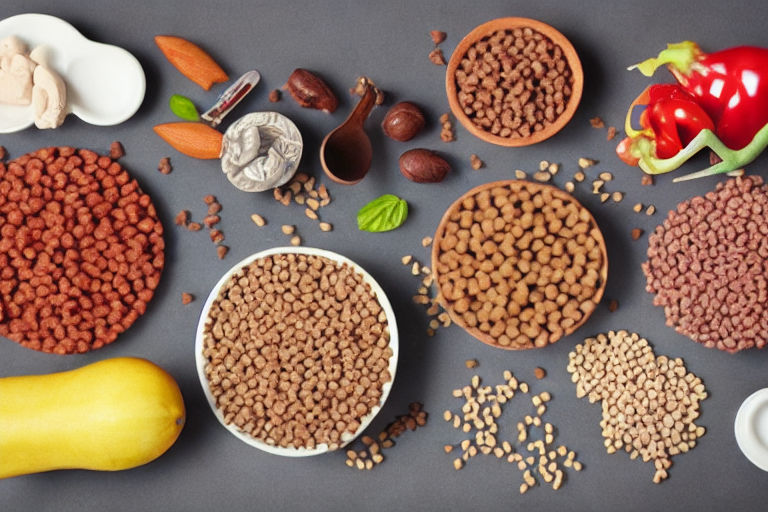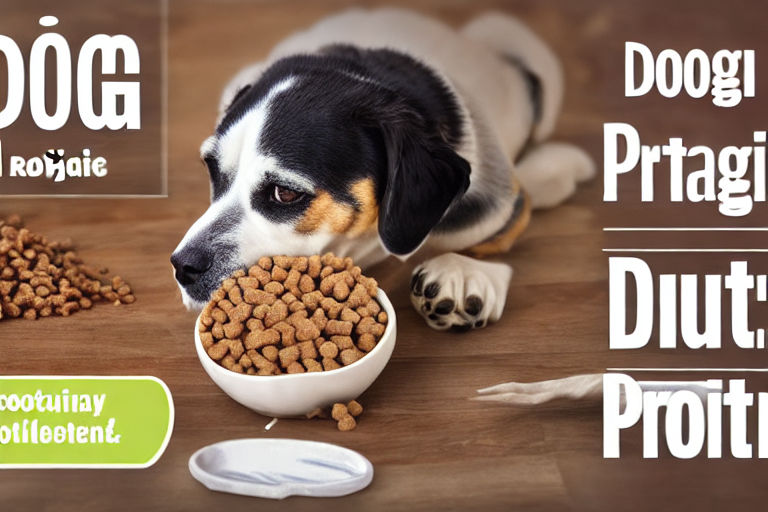How to Create a Homemade Dog Food Plan for Your Furry Friend
If you are looking for ways to provide a healthy and balanced diet for your dog, creating a homemade dog food plan could be a great option for you. In this post, we will discuss the steps you can take to create a homemade dog food plan for your furry friend.
Step 1: Consult with Your Veterinarian
Before making any changes to your dog's diet, it's important to consult with your veterinarian. Your dog's breed, age, weight, and overall health can affect their nutritional needs. A veterinarian can determine if your dog has any specific dietary requirements or health conditions that need to be considered when creating a dog food plan.
Step 2: Choose Nutritious Ingredients
When creating a homemade dog food plan, it's essential to choose ingredients that will provide your dog with a balanced diet. A balanced diet for dogs should include:
- Protein: The main source of protein for dogs is meat, such as chicken, turkey, beef, and lamb.
- Carbohydrates: Good sources of carbohydrates for dogs include brown rice, sweet potato, and quinoa.
- Fruits and Vegetables: Adding fruits and vegetables to your dog's diet can provide essential vitamins and minerals. Examples include carrots, green beans, blueberries, and bananas.
- Fats: Fats should make up a small portion of your dog's diet, and good sources include fish oil, flaxseed oil, and coconut oil.
Step 3: Create a Recipe
Once you have chosen the ingredients, it's time to create a recipe for your homemade dog food plan. There are many recipes available online, but it's important to choose one that meets your dog's specific nutritional needs.
Step 4: Calculate the Portions
After creating a recipe, you will need to calculate the portions based on your dog's weight and activity level. Overfeeding your dog can lead to obesity, which can cause health issues.
Step 5: Slowly Introduce the New Food
When introducing a new food to your dog, it's important to do it slowly. Gradually mix the new food with your dog's current food over the course of several days until they are fully transitioned to the new food.
Conclusion
Creating a homemade dog food plan can provide your furry friend with a healthy and balanced diet. Consulting with your veterinarian, choosing nutritious ingredients, creating a recipe, calculating the portions, and slowly introducing the new food are essential steps to ensure the success of the plan.





